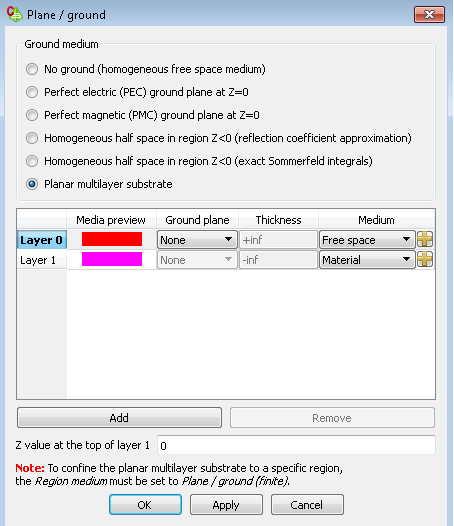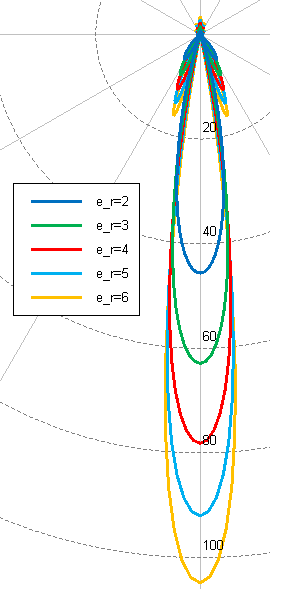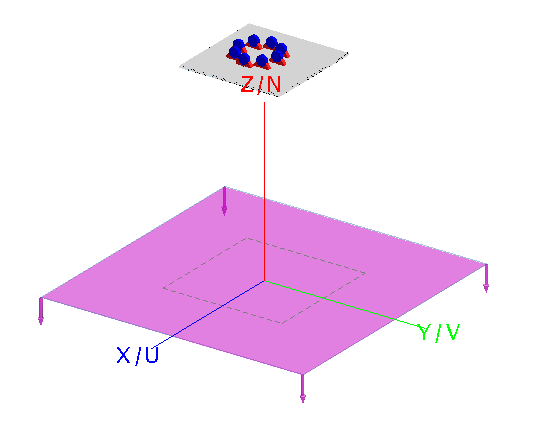Hello,
I am trying to see the different radiation pattern for several materials with different permittivities.
To make my simulation easier, i used planar multilayer substrate.
When i check the results i found something strange.
The higher the permittivity , the higher the reflection of the waves will be. This is correct in the results.
But the strange is in the case of the transmitted waves!!!!
In general the higher the permittivity , then the lower the transmitted waves will be, which is not my case?!?!?!?!?
Why is this happening? I think i made a misstake in the options.
Thanks in Advance.
Best Regards
Haj Hassan
<?xml version="1.0" encoding="UTF-8"?>
<?xml version="1.0" encoding="UTF-8"?>
<?xml version="1.0" encoding="UTF-8"?>